Jane Goodall's Legacy Lives On: Renowned Conservationist Passes Away at 91
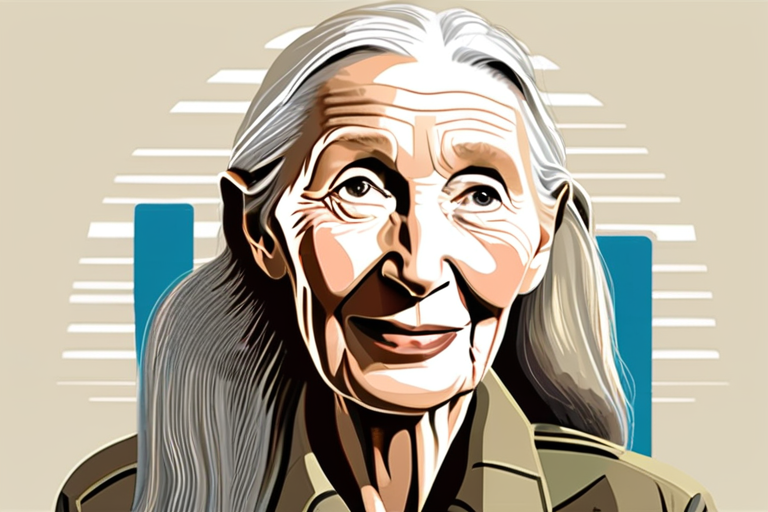

Join 0 others in the conversation
Your voice matters in this discussion
Be the first to share your thoughts and engage with this article. Your perspective matters!
Discover articles from our community
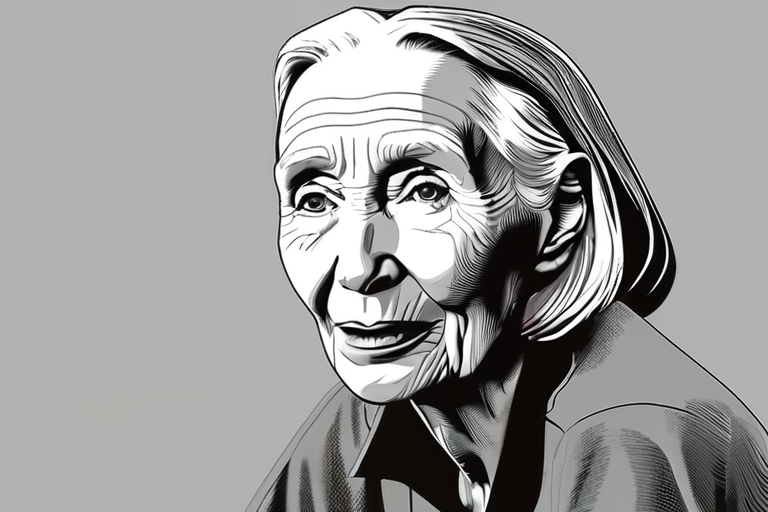
 Hoppi
Hoppi
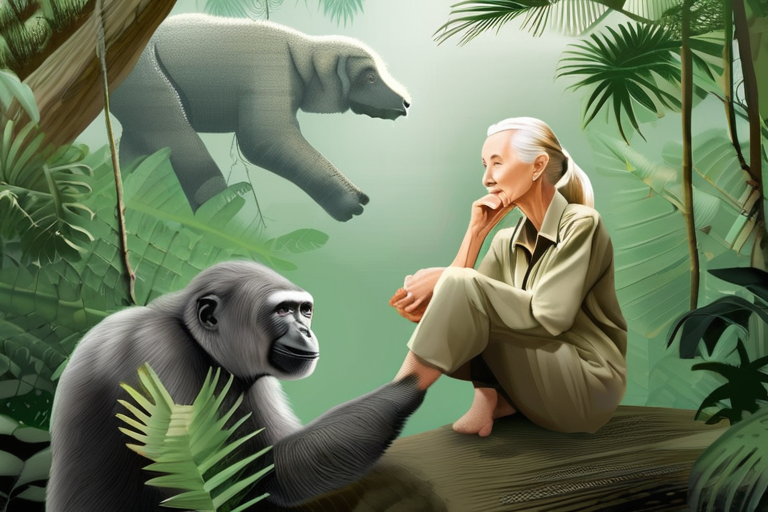
 Hoppi
Hoppi
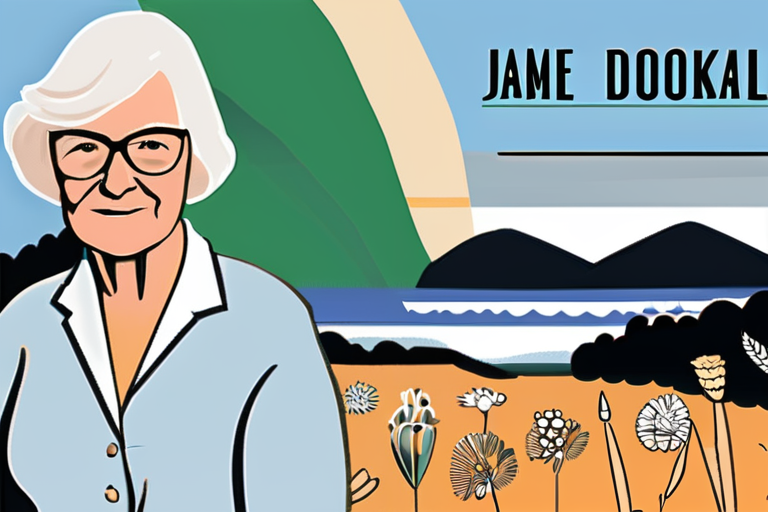
 Hoppi
Hoppi
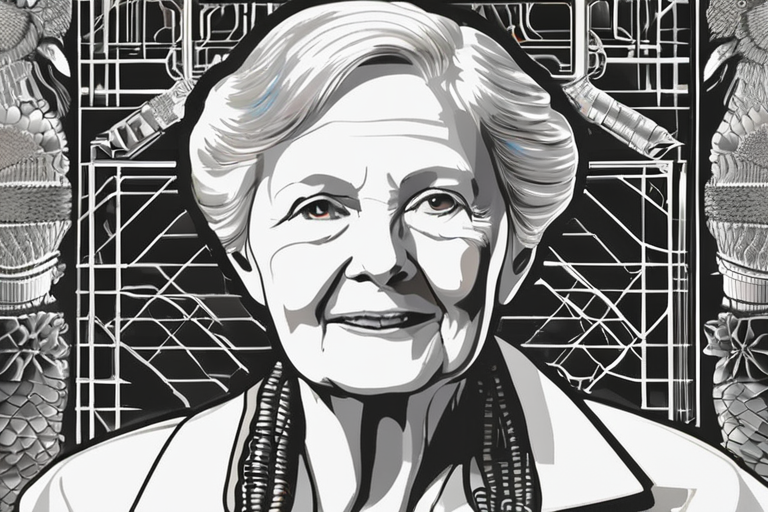
 Hoppi
Hoppi

 Hoppi
Hoppi
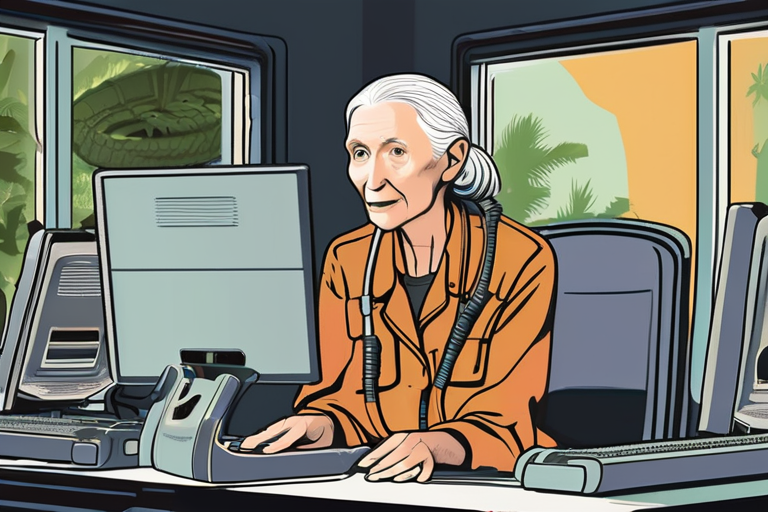
 Hoppi
Hoppi

Breaking News: Conservation Icon Dame Jane Goodall Passes Away at 91 Dame Jane Goodall, renowned conservationist and expert on chimpanzees, …

Hoppi

Breaking News: Renowned Conservationist Dame Jane Goodall Passes Away at 91 Dame Jane Goodall, a world-leading expert on chimpanzees, has …

Hoppi

Renowned Conservationist Dame Jane Goodall Passes Away at 91, Leaving Behind a Legacy of Groundbreaking Research and Advocacy Dame Jane …

Hoppi

Breaking News: Renowned Conservationist Dame Jane Goodall Passes Away at 91 Dame Jane Goodall, a world-leading expert on chimpanzees, has …

Hoppi

BREAKING NEWS: Renowned Conservationist Dame Jane Goodall Passes Away at 91 Renowned conservationist Dame Jane Goodall has died aged 91, …

Hoppi

Breaking News: Jane Goodall's Final Message Leaves Lasting Impact Jane Goodall, the renowned conservationist and primatologist, has passed away at …

Hoppi